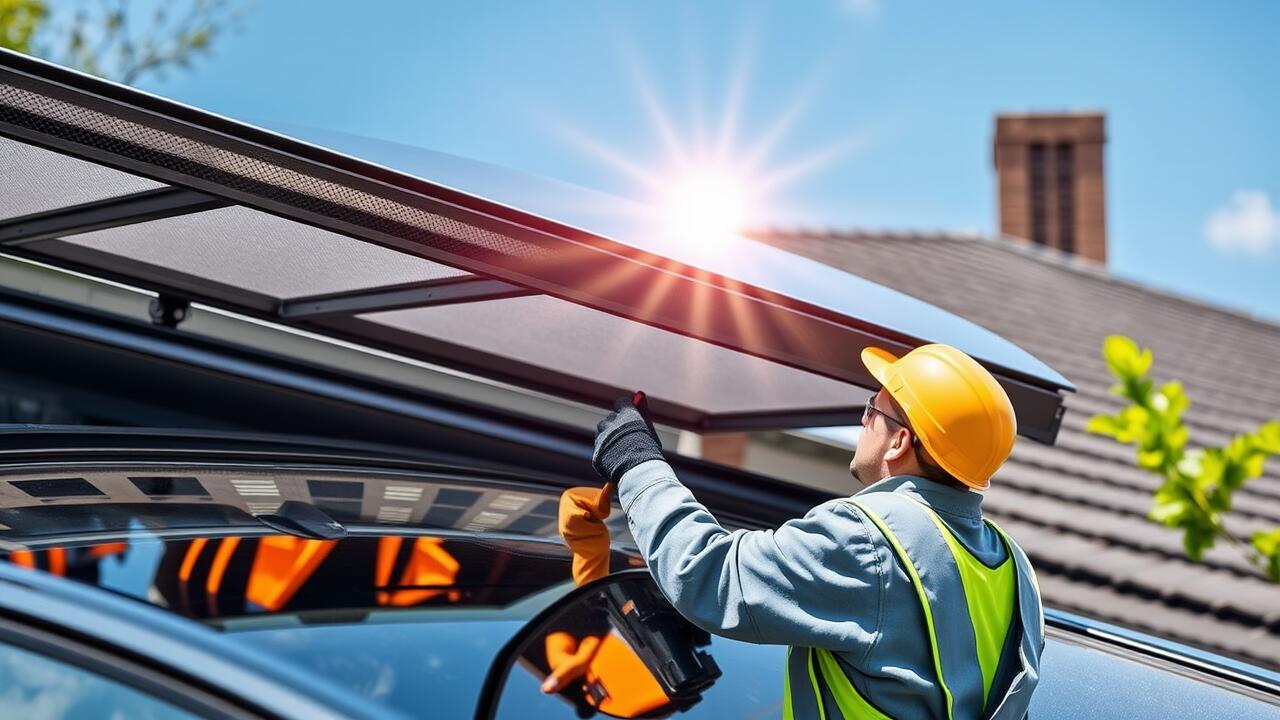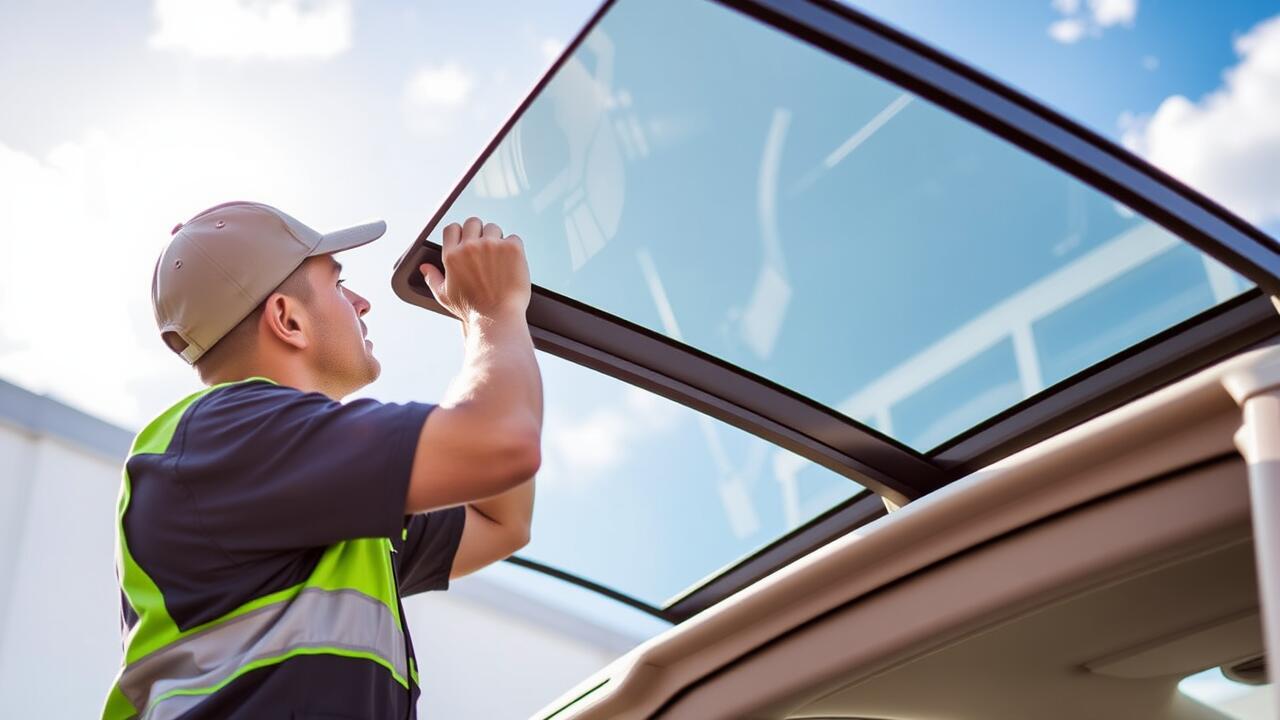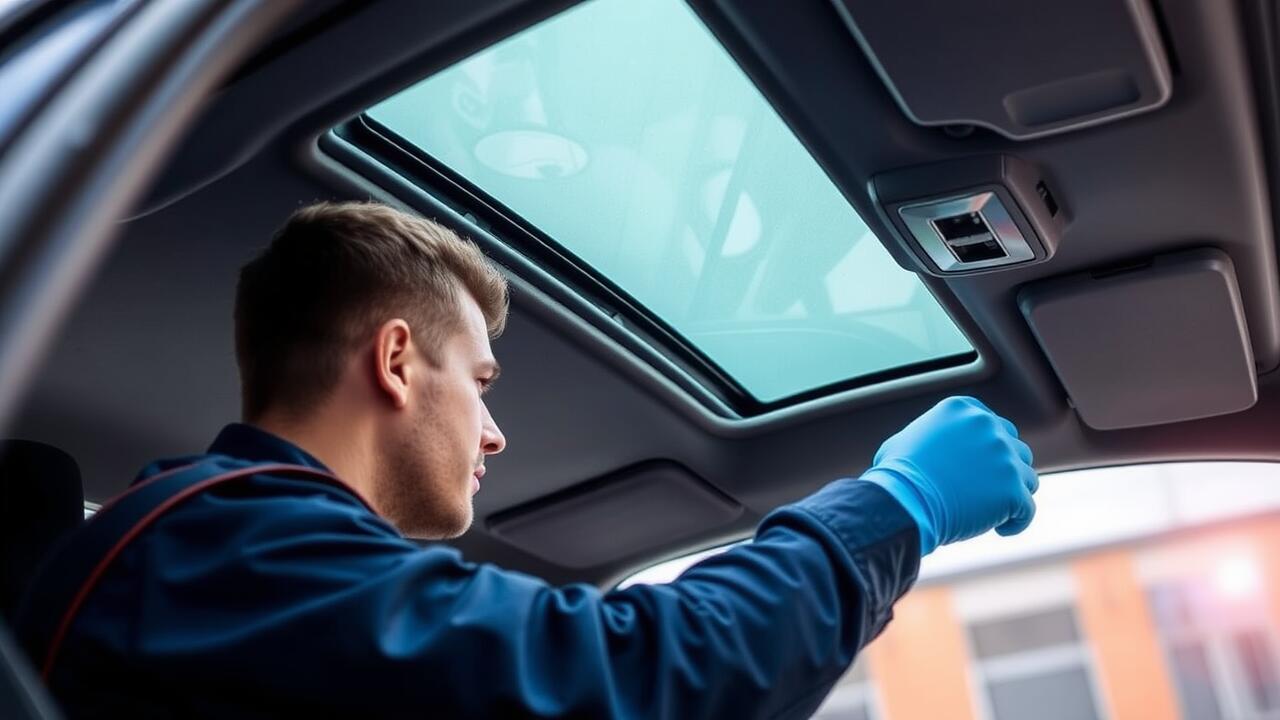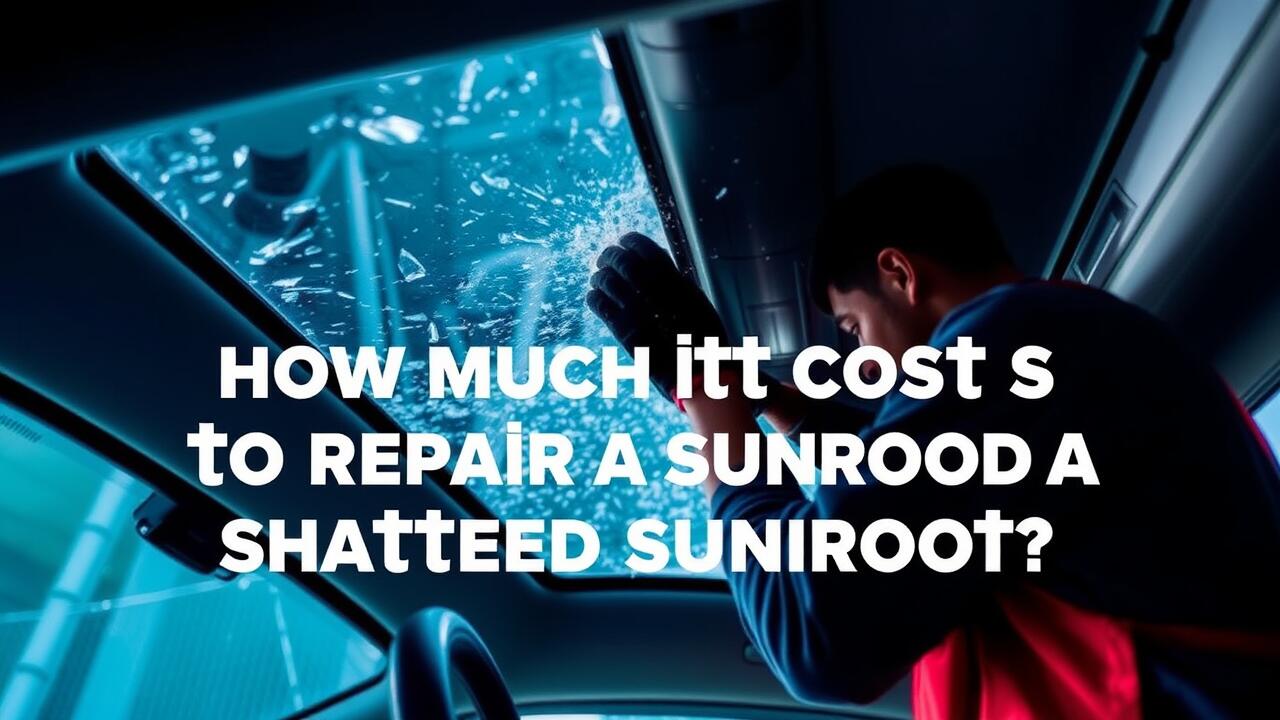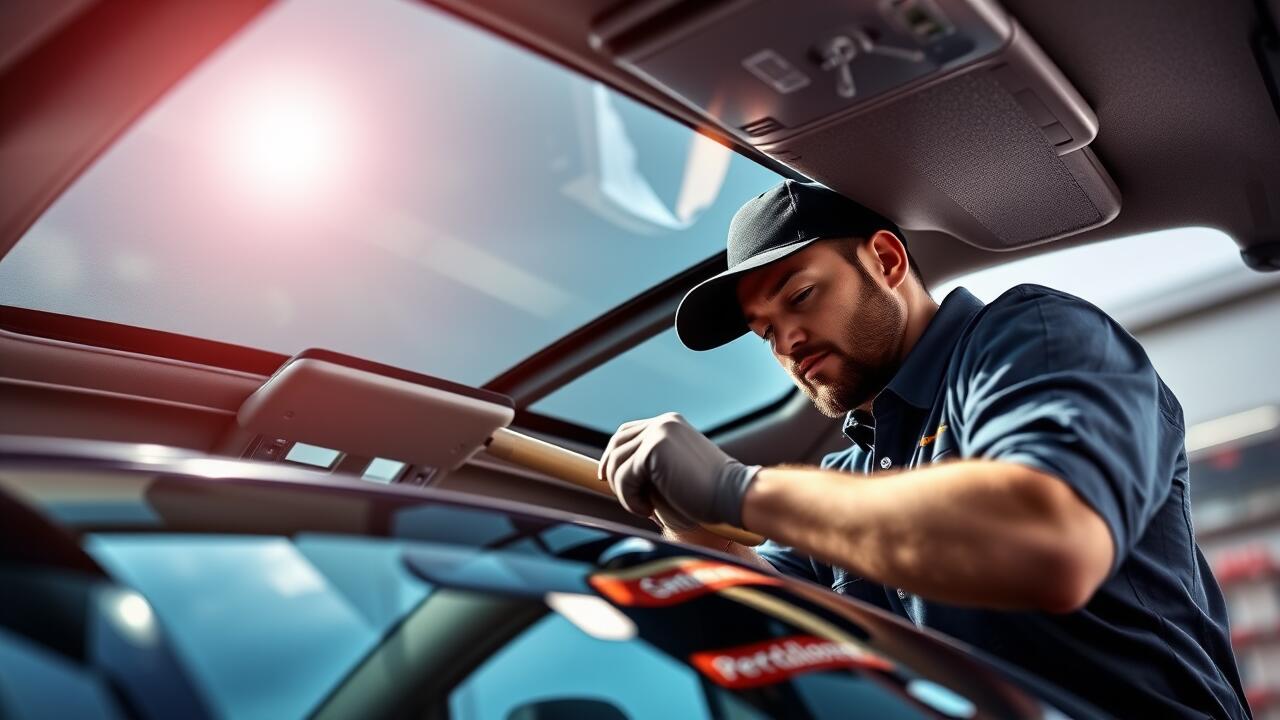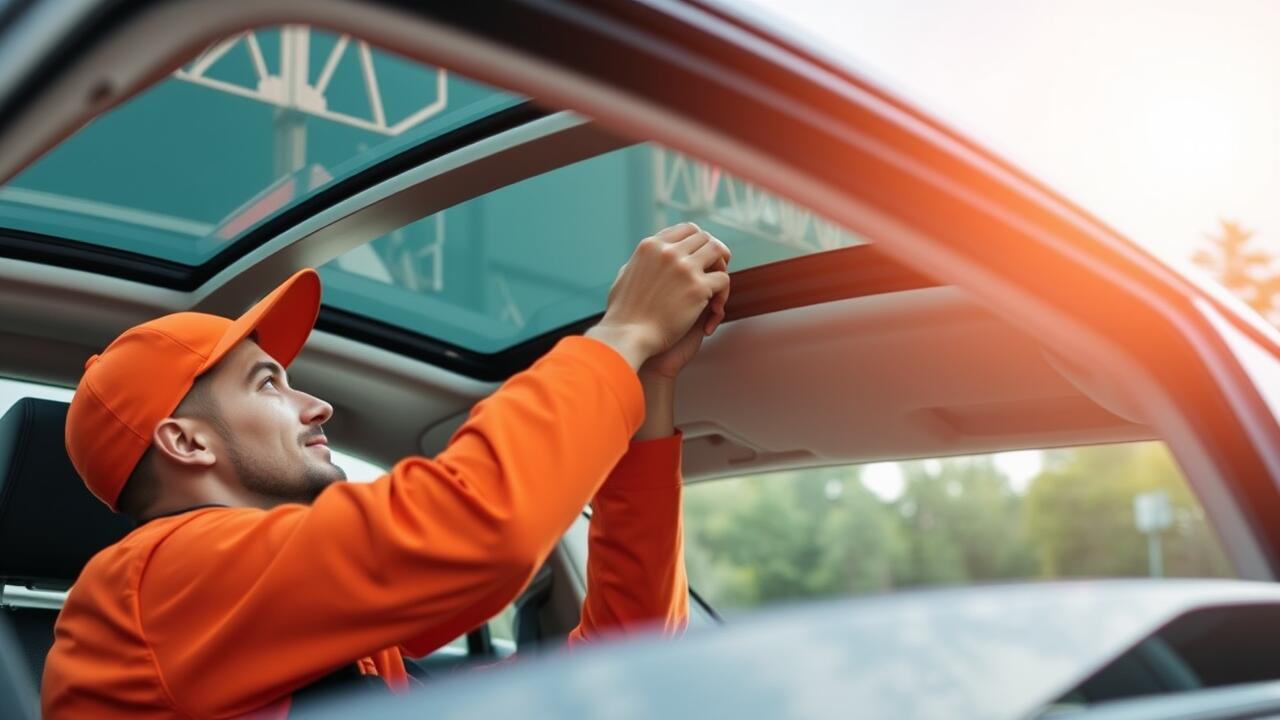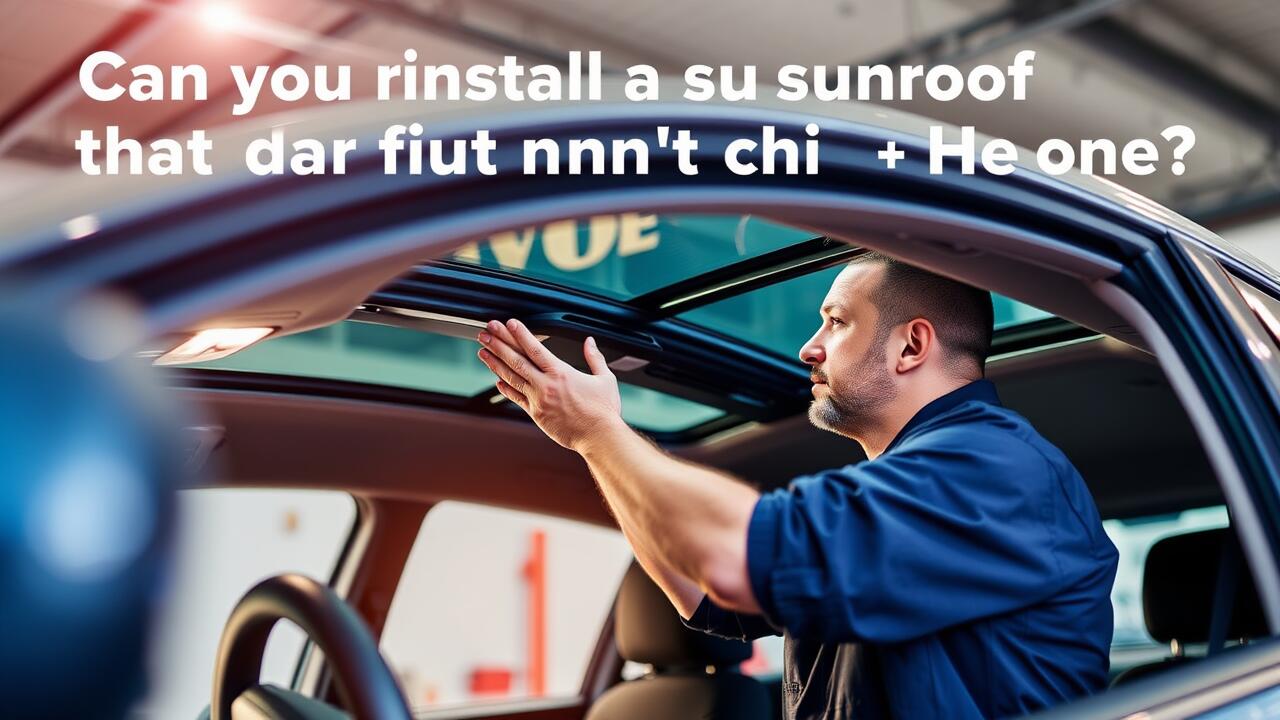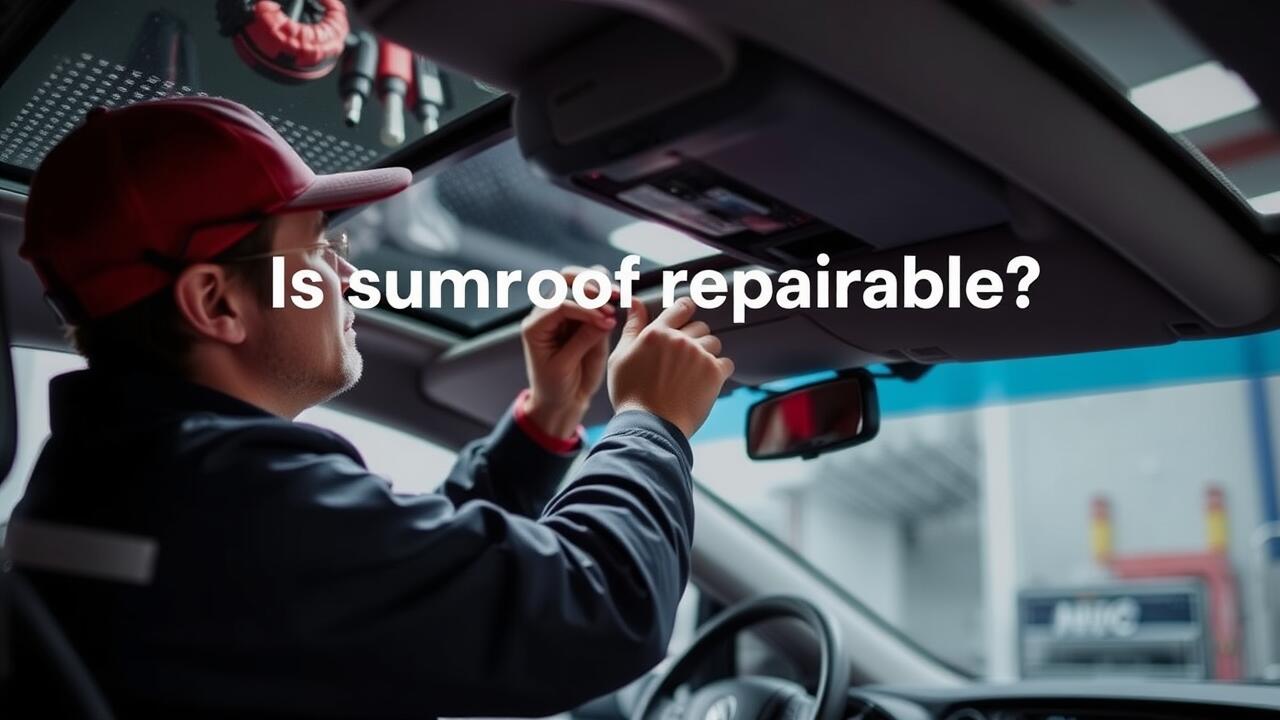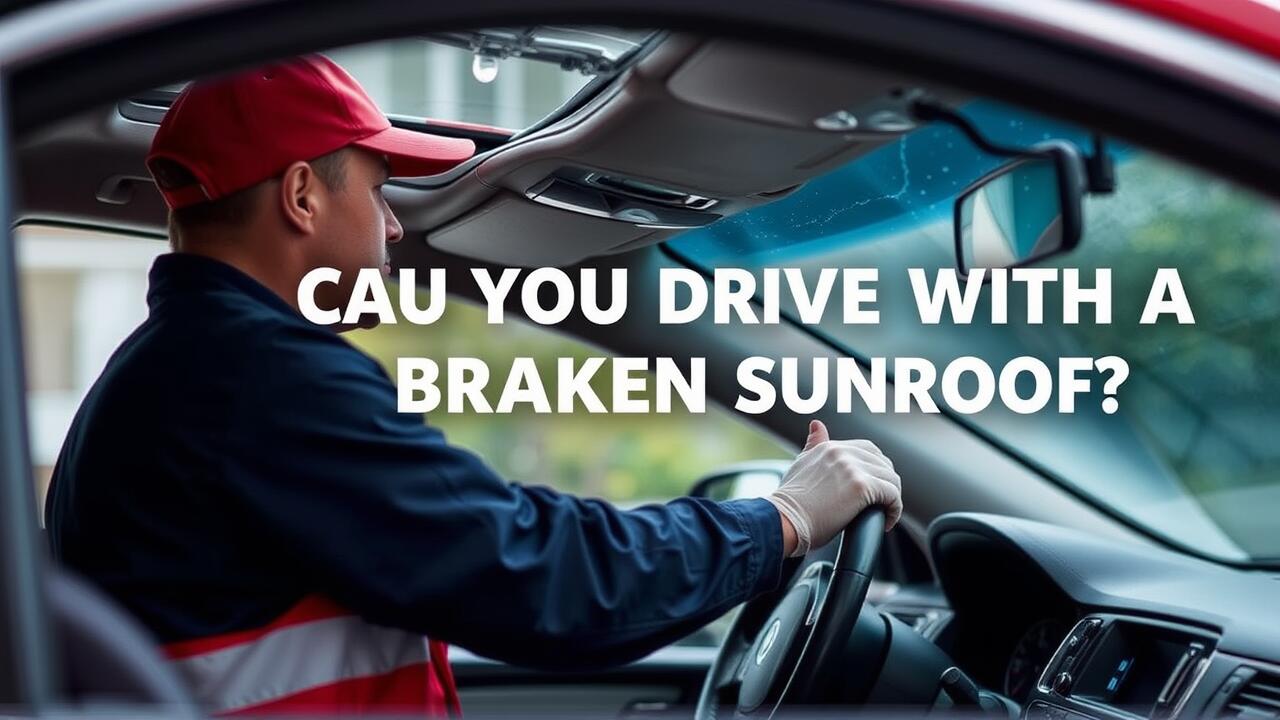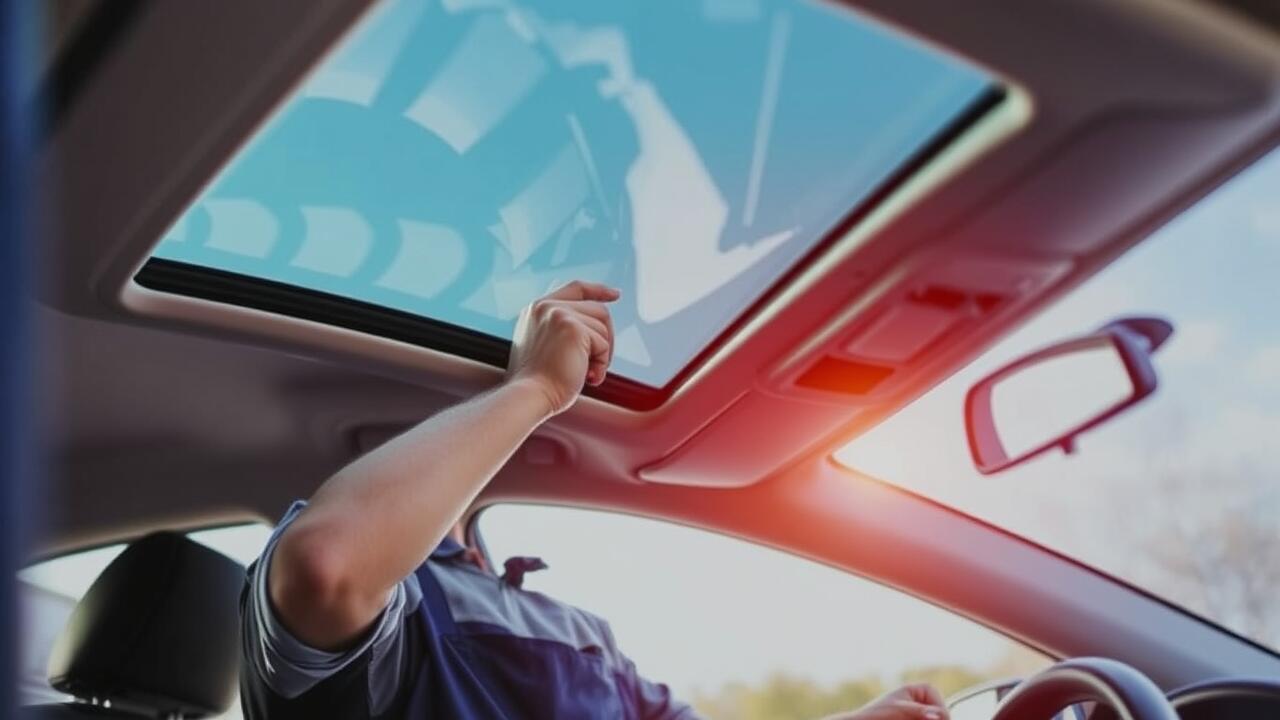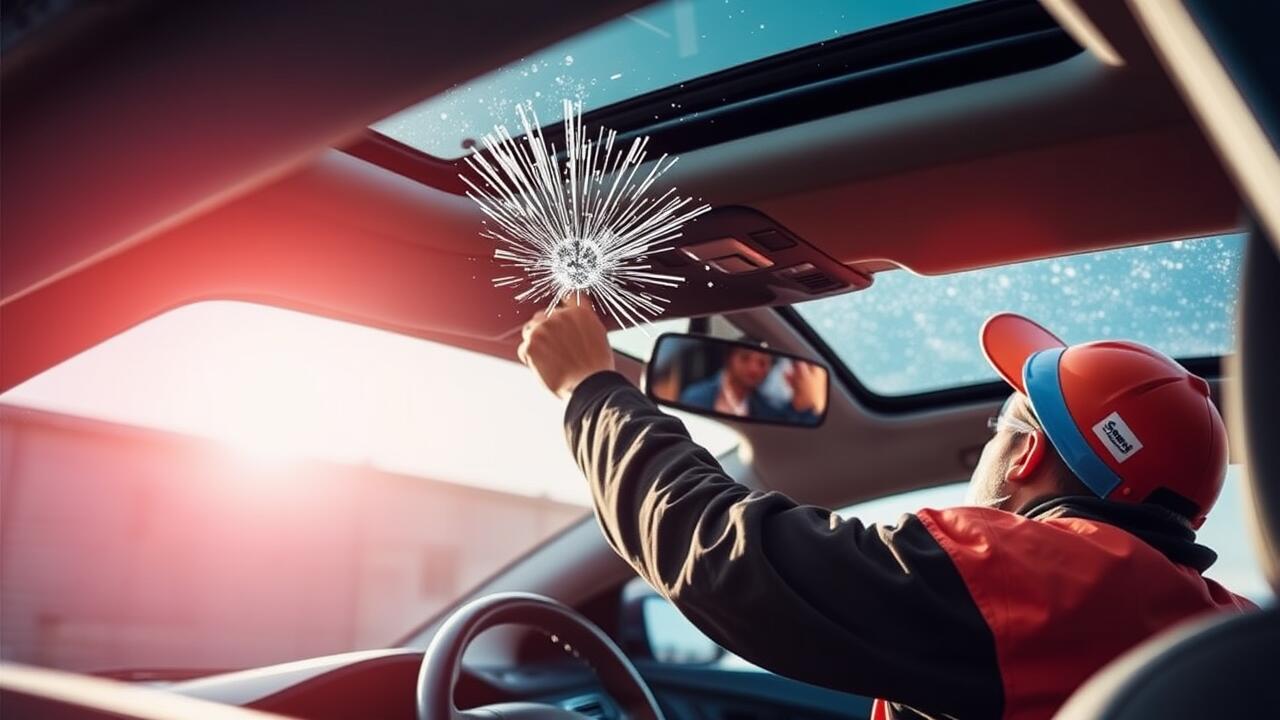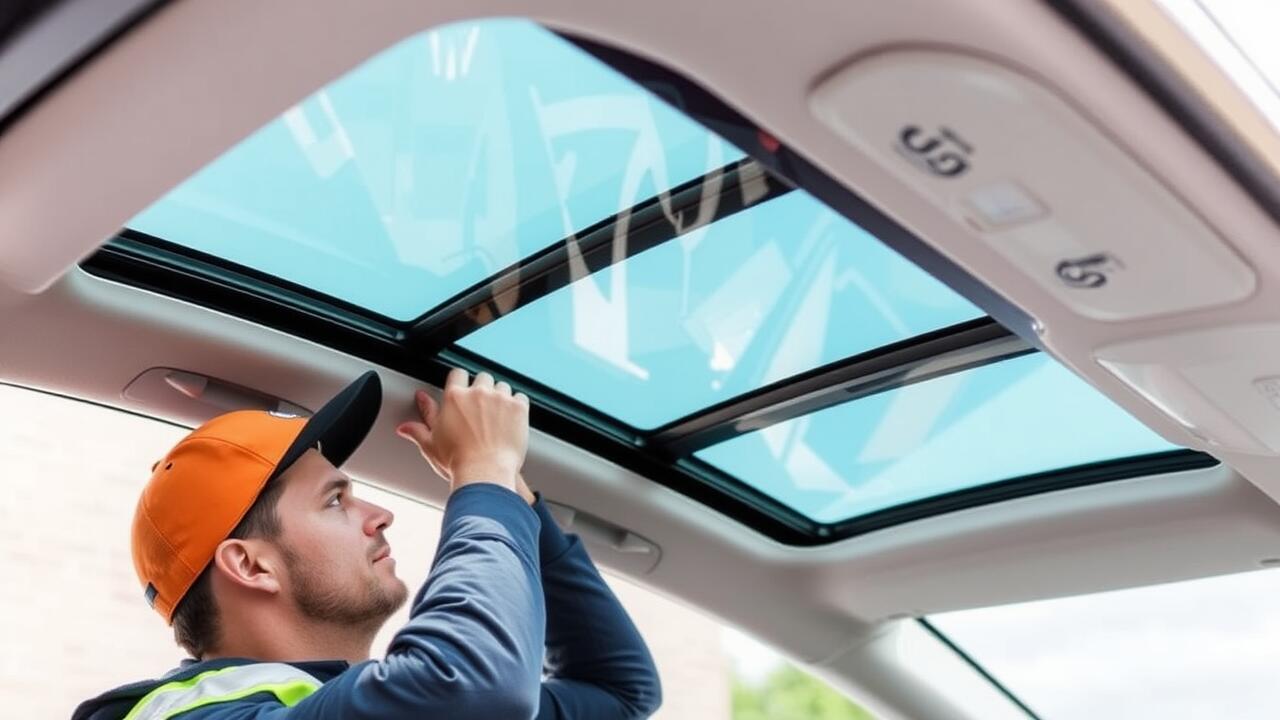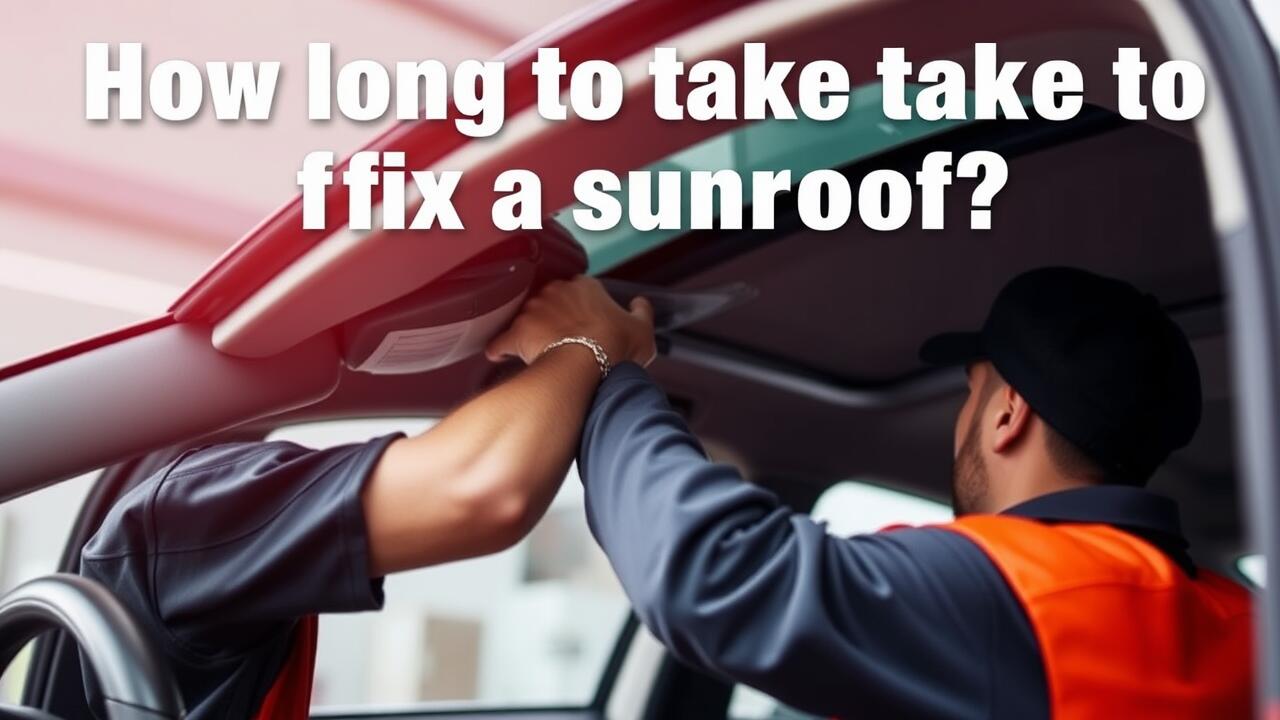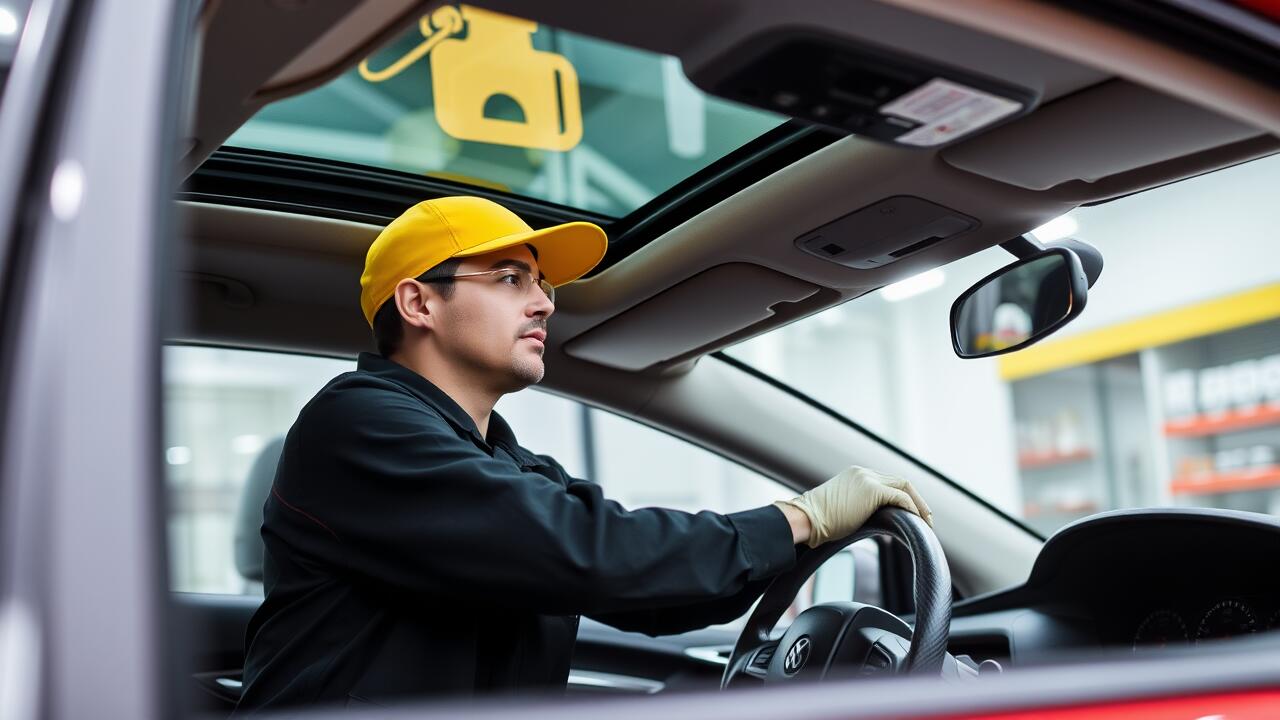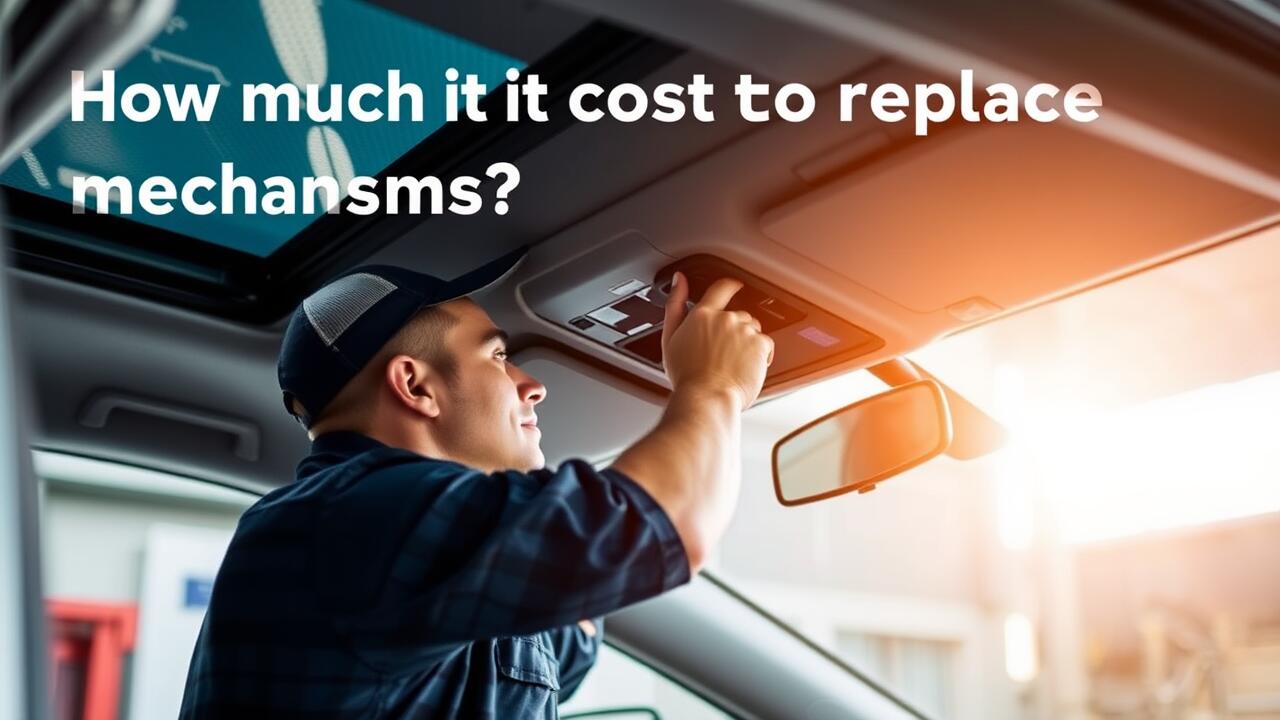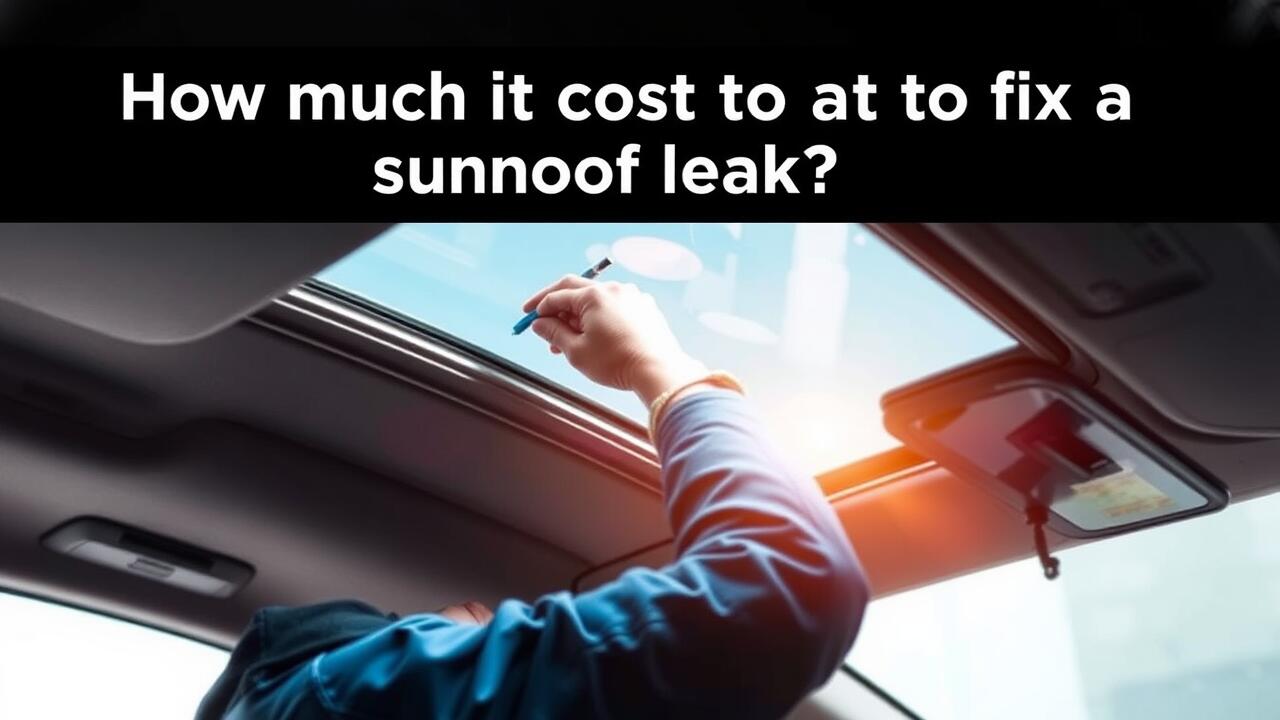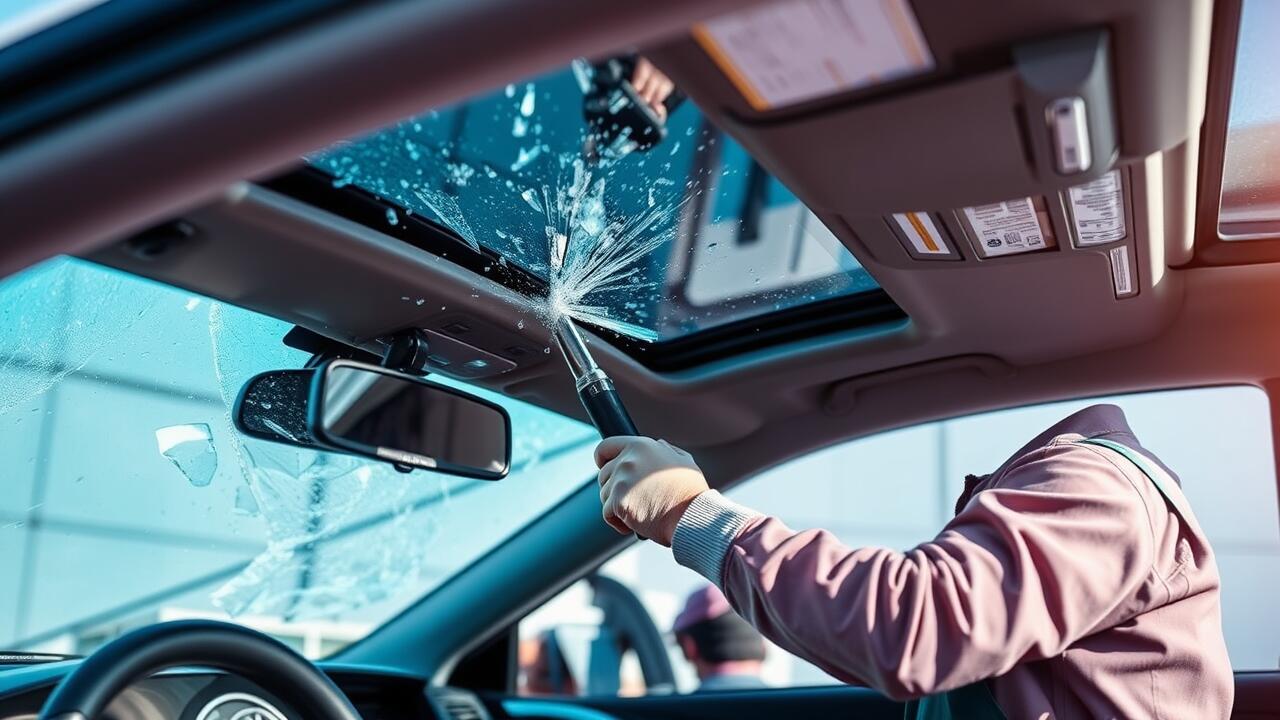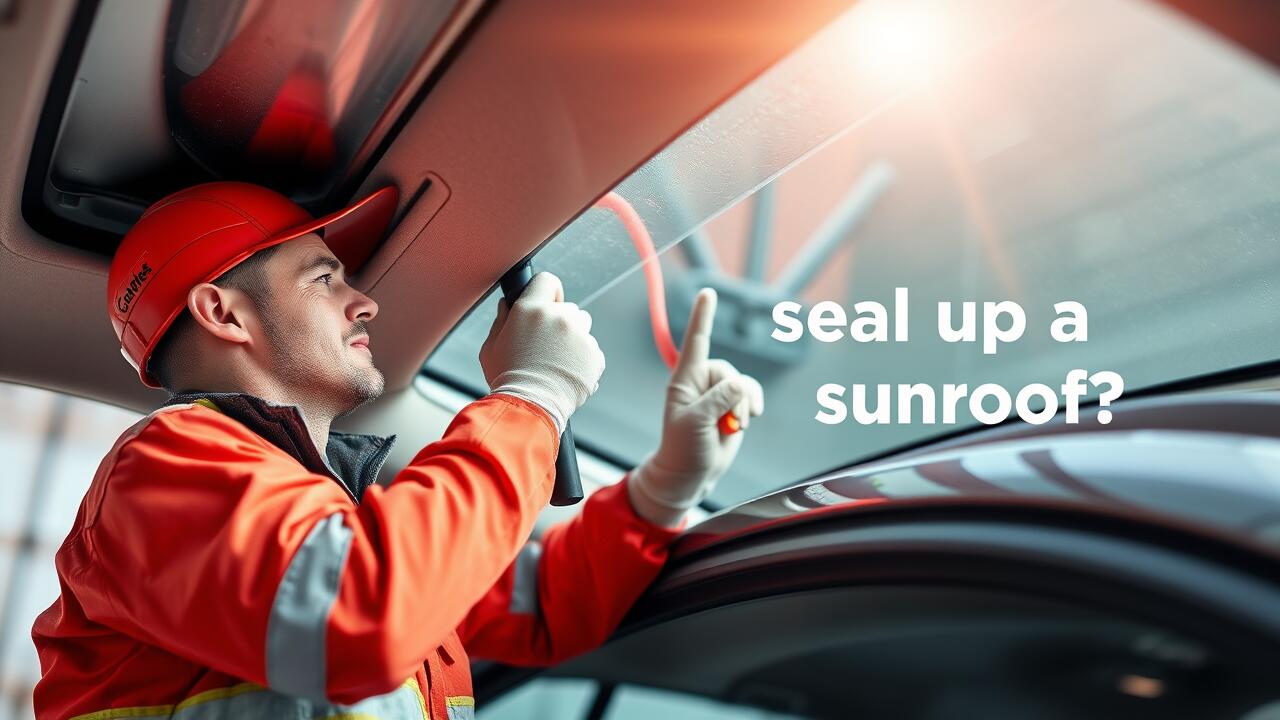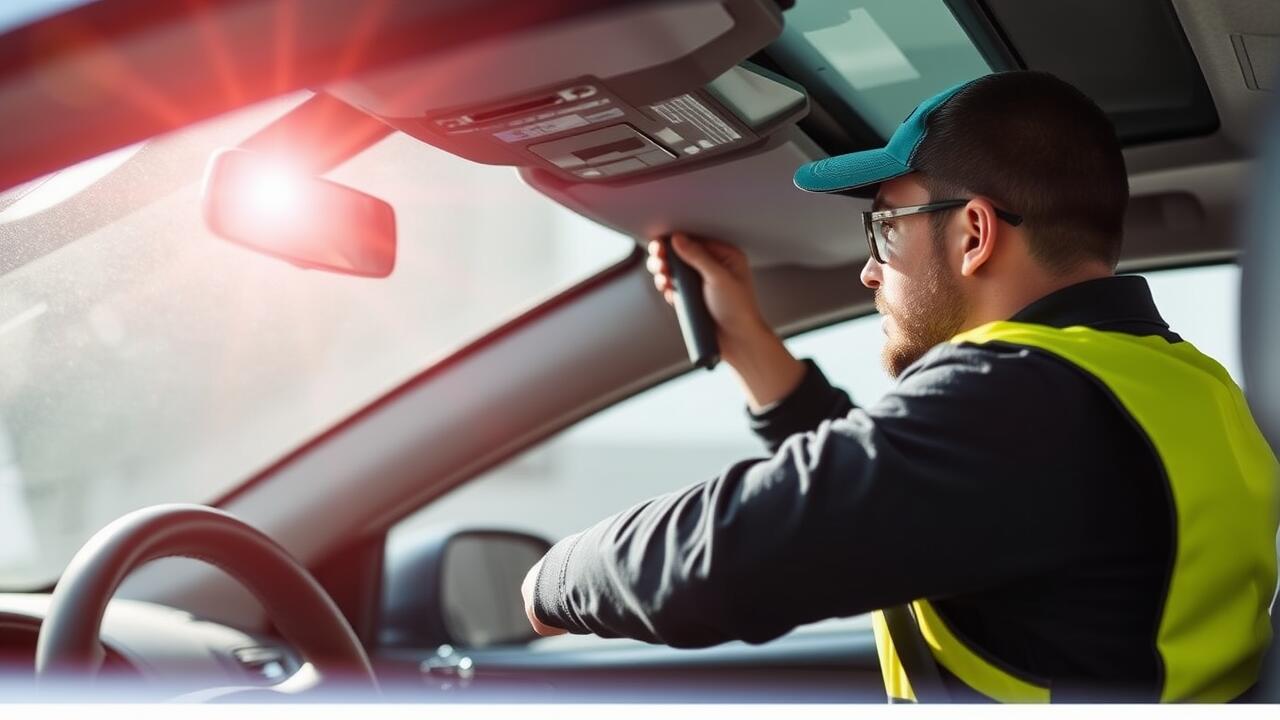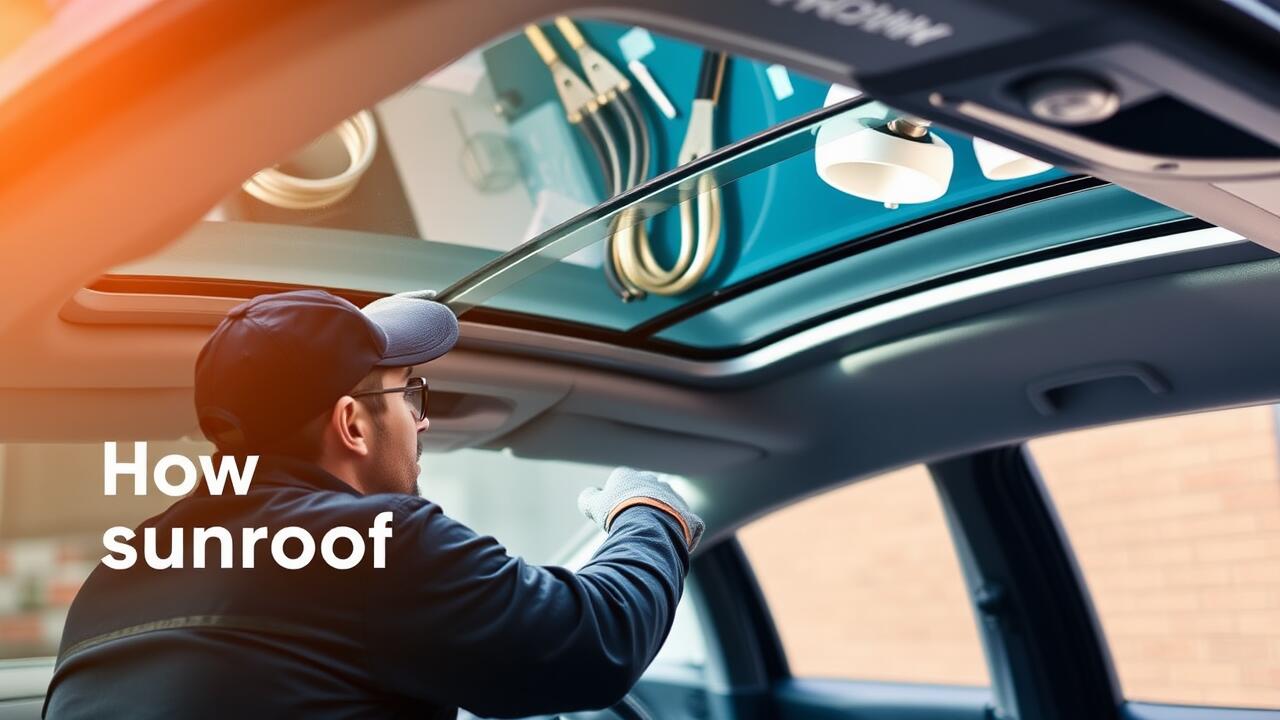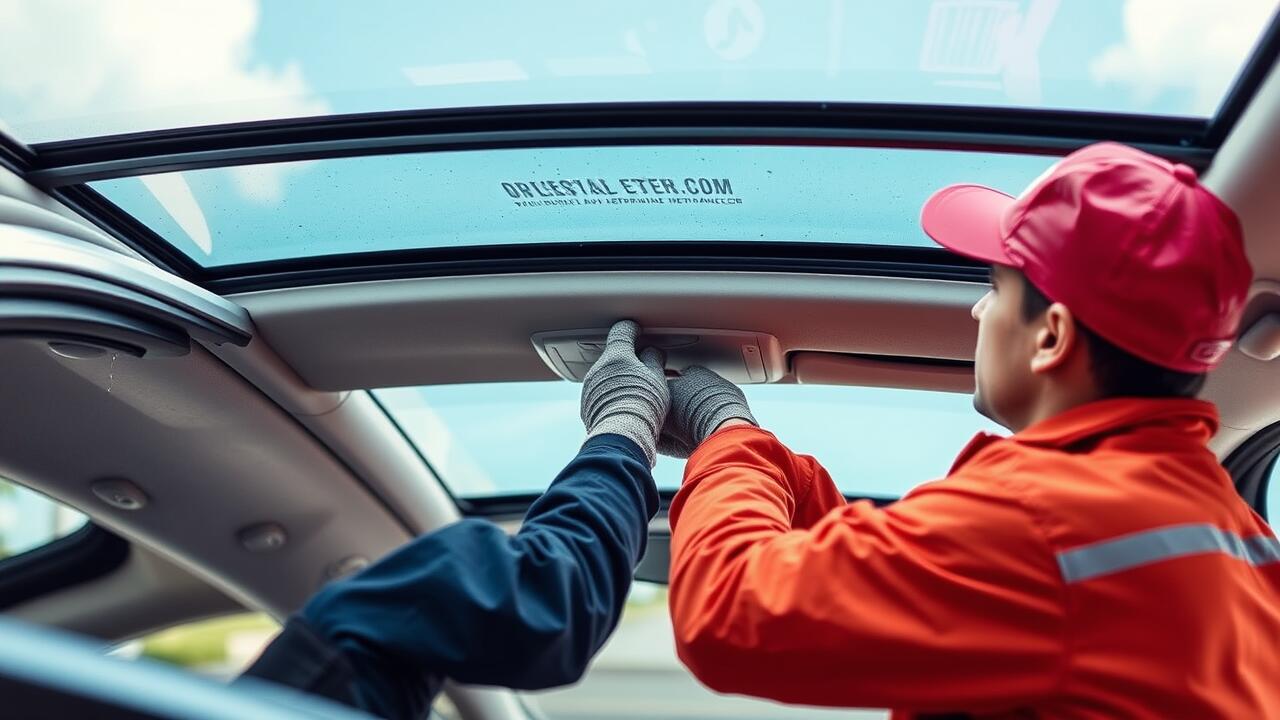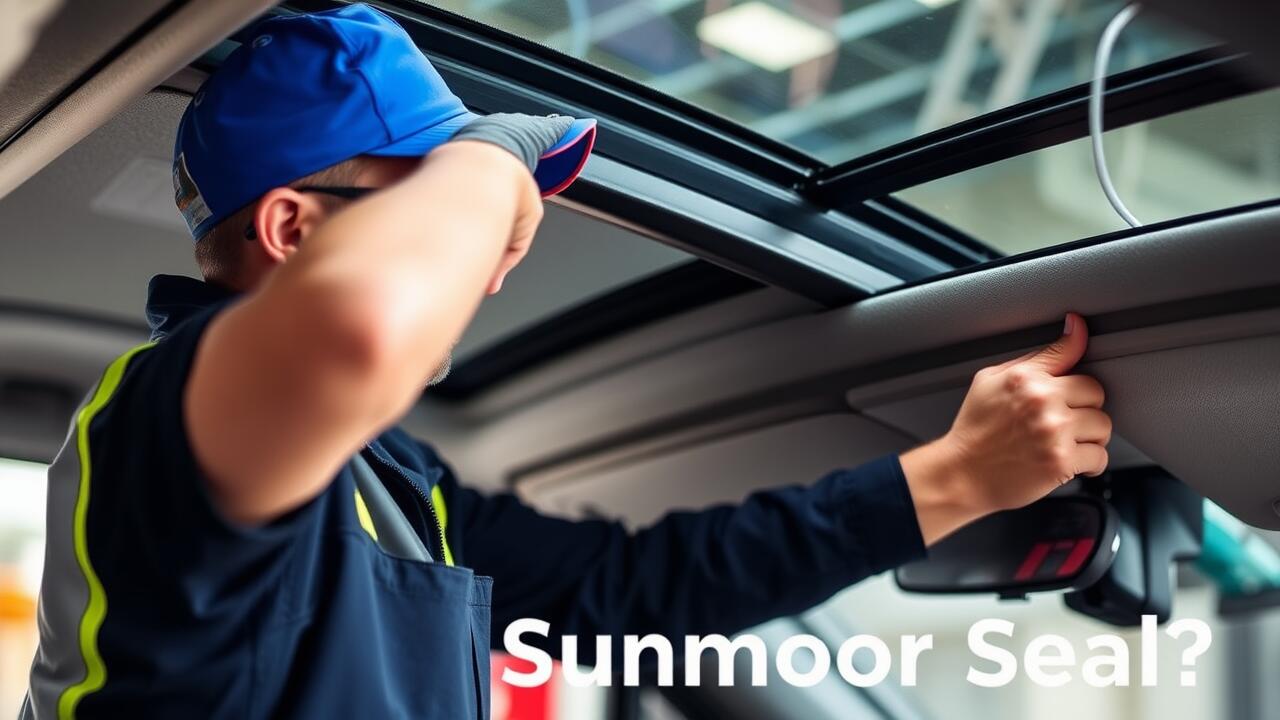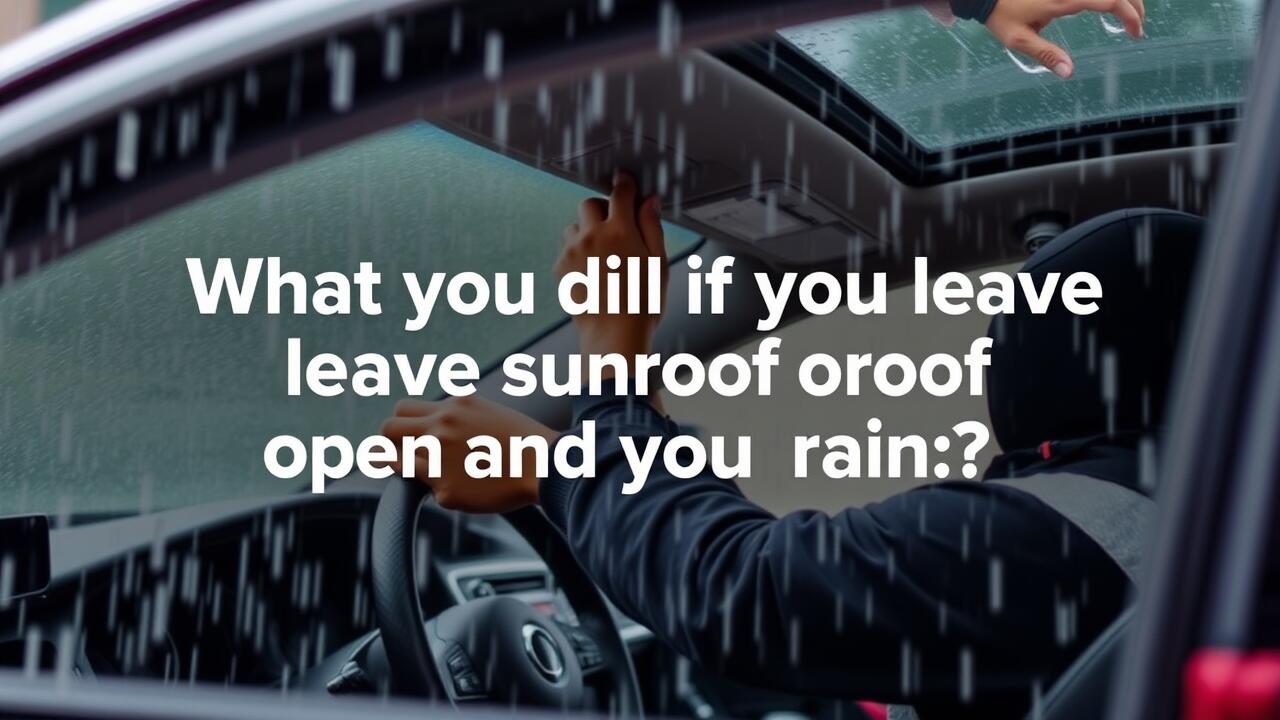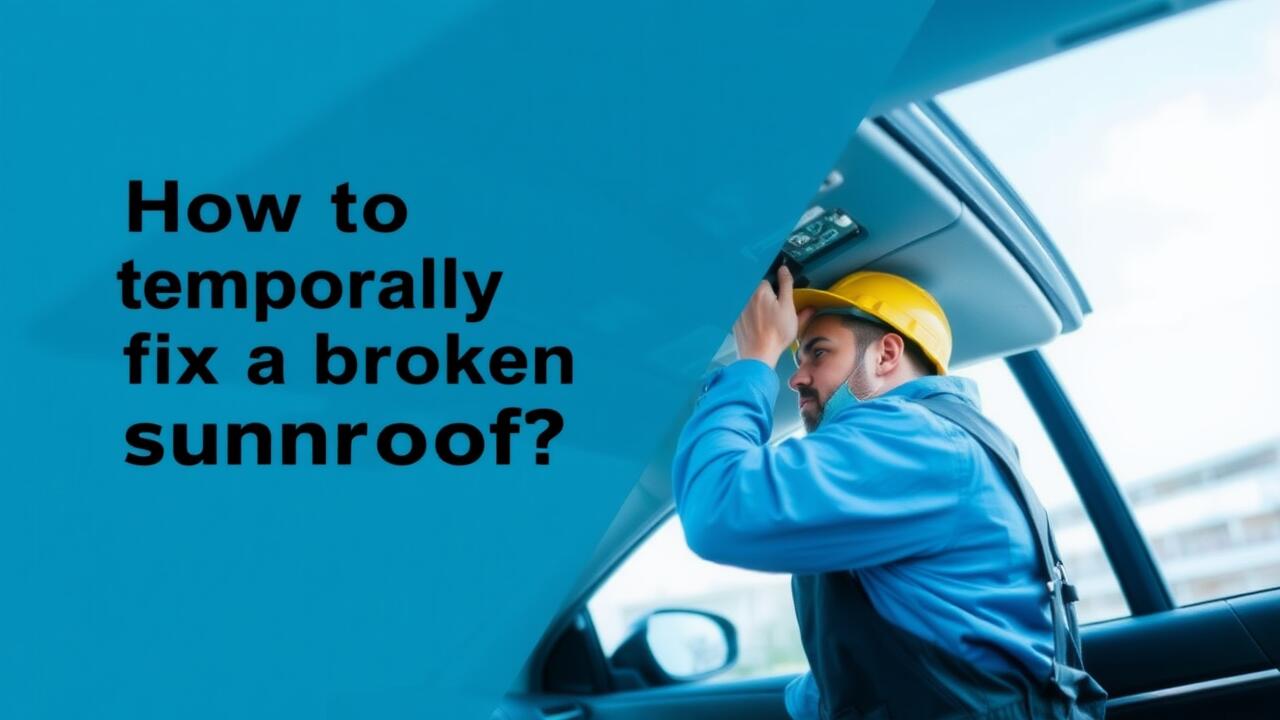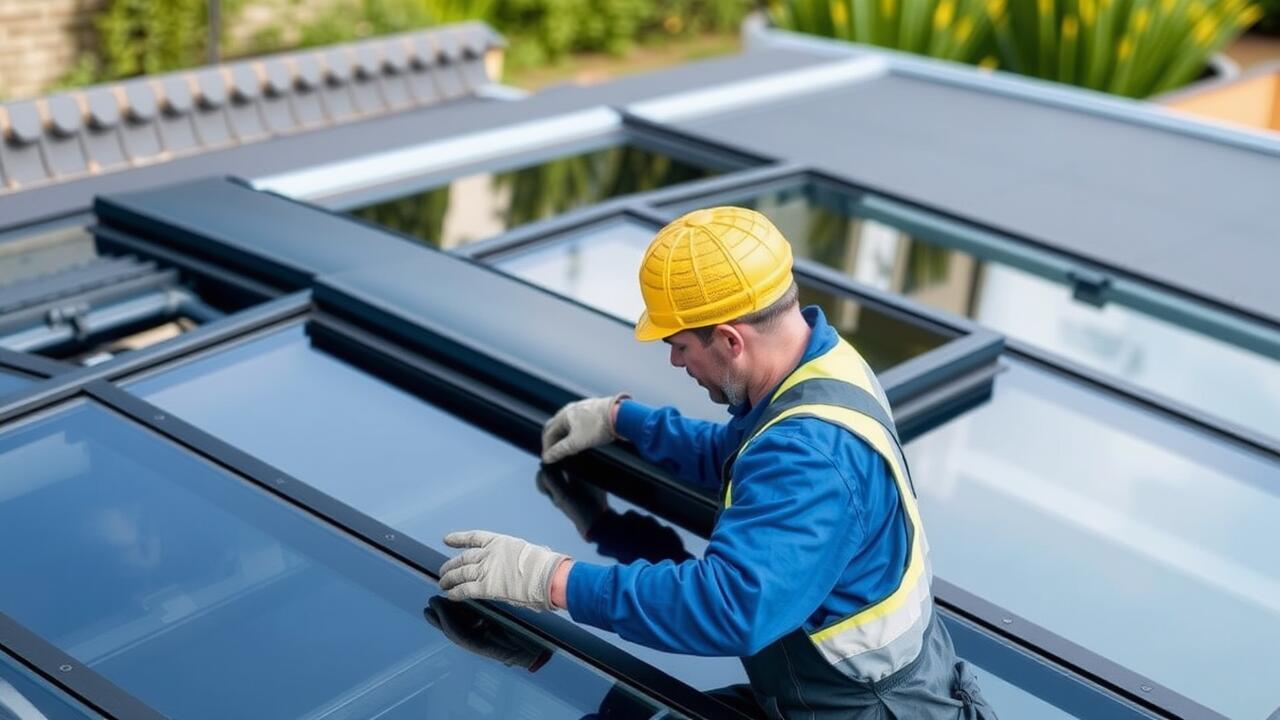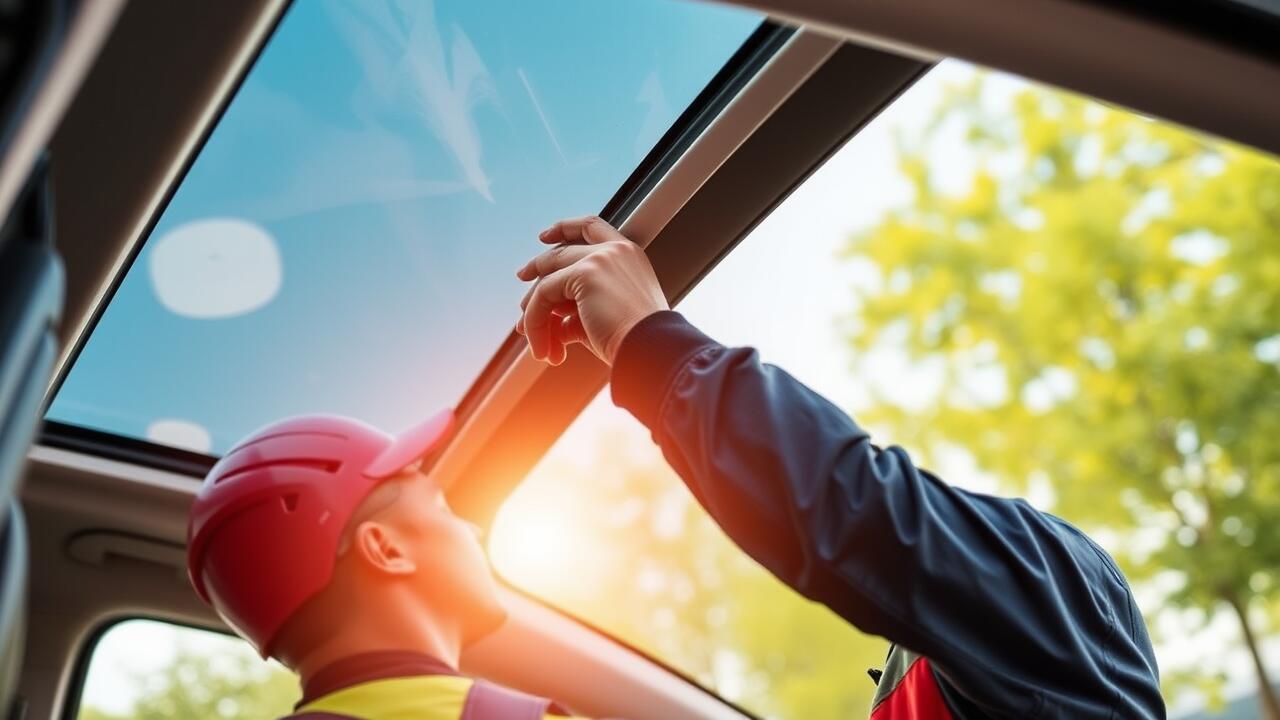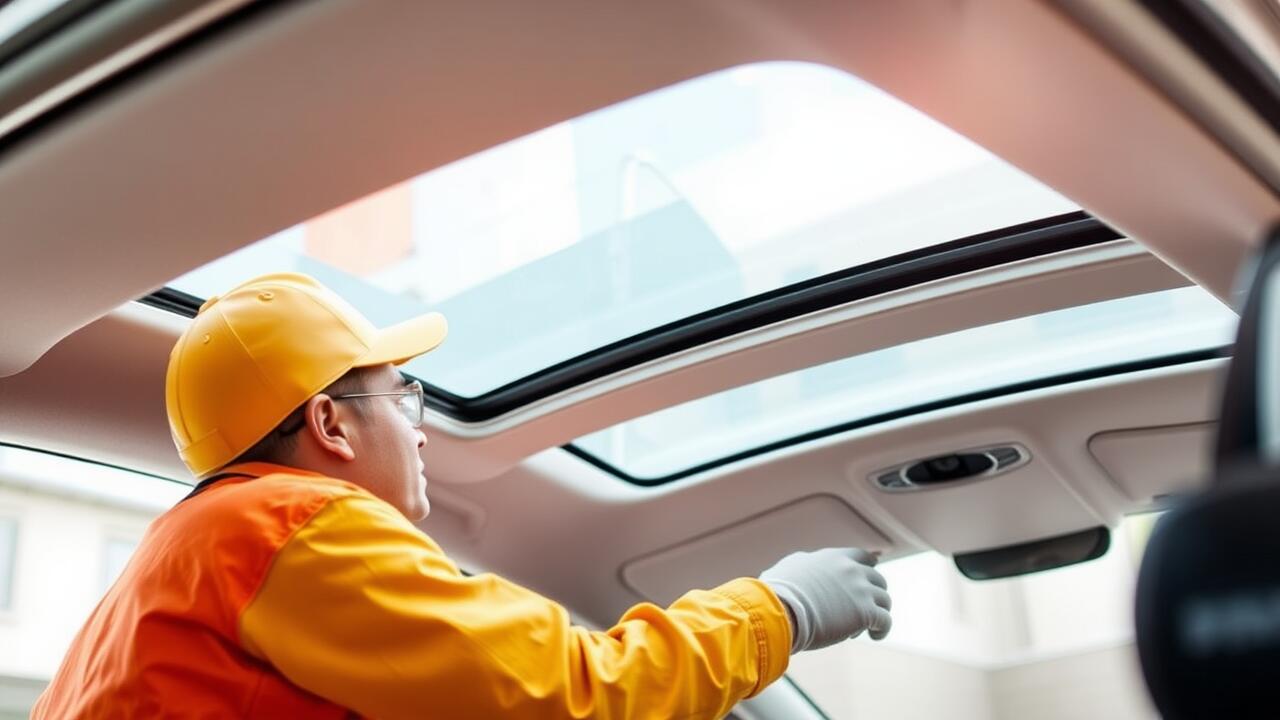
Table Of Contents
Warranty Exclusions and Limitations
Warranty coverage for a sunroof can vary significantly depending on the manufacturer and the terms of the warranty. Generally, sunroof glass is covered if it fails due to a manufacturing defect. However, many warranties include exclusions that can invalidate coverage. Common exclusions may involve damage resulting from external factors such as accidents, natural disasters, or improper usage. Therefore, it is essential for vehicle owners to thoroughly review their warranty documents to understand what is and isn't covered.
Another critical aspect to consider is that certain maintenance practices can influence warranty status. Neglecting regular checks or failing to address minor issues promptly might lead to more significant problems that could require sunroof replacement. Additionally, alterations made to the sunroof or the surrounding area could further complicate warranty claims. Staying informed about the specific limitations within the warranty can help owners avoid unexpected costs and ensure they maintain coverage for their sunroof.
What circumstances can void sunroof warranty coverage?
Sunroof warranty coverage can be voided under several circumstances, often rooted in improper use or maintenance. For instance, any modifications made to the vehicle's sunroof, such as tinting the glass or installing aftermarket components, may eliminate warranty protections. Additionally, neglecting regular maintenance, such as cleaning debris from the sunroof drainage system, can lead to issues that are not covered.
Environmental factors can also play a role in voiding coverage. Extreme weather conditions, such as hail or heavy snowfall, might damage the sunroof, but this typically falls under wear and tear rather than warranty protection. If a vehicle owner reports damage due to external factors, the provider may investigate to determine whether proper care was maintained. Ultimately, if the sunroof requires replacement due to mishandling or external damage not covered under warranty, the costs may fall entirely on the owner.
Tips for Maintaining Your Sunroof
Keeping your sunroof in optimal condition requires regular maintenance and attention. Periodically inspect the seals and tracks for debris such as leaves or dirt. This buildup can hinder the smooth operation of the sunroof and lead to potential leaks. Clean the sunroof glass with a gentle glass cleaner to avoid scratches and ensure clear visibility. Regular lubrication of the tracks can also prevent mechanical issues that may lead to sunroof replacement down the line.
During inclement weather, it is crucial to close the sunroof completely to prevent water penetration and possible interior damage. Be mindful of how much pressure you apply when closing the sunroof, as excessive force can lead to misalignment or breakage. In the event of any unusual noises or difficulty in operation, address these issues promptly before they escalate to the point where sunroof replacement becomes necessary.
Best practices to prevent sunroof damage
To maintain the integrity of your sunroof, regular cleaning is essential. Dirt and debris can accumulate in the tracks, leading to potential obstructions. Removing these particles can enhance the sunroof’s functionality and help prevent issues that might result in costly sunroof replacement. Additionally, keeping the sunroof rubber seals conditioned can prevent cracking and ensure a proper seal against water leaks.
It's vital to avoid using the sunroof in extreme weather conditions. Harsh elements, such as heavy rain, snow, or ice, can affect its performance and lead to significant damage. If the vehicle is parked outside during adverse weather, closing the sunroof completely can minimize risks. This proactive approach can save you from future repairs or even sunroof replacement altogether.
Understanding Dealer vs. Manufacturer Warranty
When addressing warranty coverage for sunroofs, it's important to understand the differences between dealer warranties and manufacturer warranties. Manufacturer warranties typically cover defects in materials and workmanship for a specific time or mileage limit. If a sunroof has issues due to a manufacturing defect, the manufacturer is usually responsible for the repairs or replacement. Coverage may vary based on the model, so it's wise to consult your vehicle's warranty booklet to determine what is specifically included.
Dealers may offer their own extended warranties or service contracts that can provide additional coverage. These warranties might include specific provisions for repairs not covered under the manufacturer’s warranty, such as sunroof replacement due to external factors. However, these dealer warranties often come with terms and conditions that can limit what is covered. Understanding these differences can help car owners make informed decisions about their sunroof maintenance and potential repair options.
How coverage may differ between dealerships and manufacturers
When it comes to warranties, the coverage for sunroofs can vary significantly between dealerships and manufacturers. Manufacturers typically offer comprehensive warranties that cover defects in materials and workmanship. This often includes components of the sunroof as long as the issue arises from a manufacturing flaw. However, many manufacturers may have specific guidelines regarding sunroof replacement that could limit their liability after a certain period or under specific conditions.
Dealerships, on the other hand, often have their own sets of policies that may include additional perks or limitations. Some dealerships might provide extended warranties or service plans that cover sunroof repairs and replacements beyond the manufacturer’s standard coverage. However, these dealer warranties could also come with stipulations regarding maintenance practices and conditions of use that must be adhered to in order to maintain coverage for sunroof replacement.
FAQS
Is sunroof glass typically covered by a vehicle warranty?
Sunroof glass coverage varies by manufacturer and warranty type. Many warranties cover defects in materials or workmanship, but specific exclusions may apply to the glass itself.
What can void my sunroof warranty coverage?
Warranty coverage for the sunroof can be voided by factors such as improper maintenance, misuse, or damage caused by external factors like accidents or natural disasters.
Are there maintenance tips to help prolong the life of my sunroof?
Yes, regular cleaning of the sunroof and tracks, ensuring proper drainage, and avoiding the use of heavy objects on the closed sunroof can help maintain its functionality and prevent damage.
How do dealer warranties differ from manufacturer warranties regarding sunroofs?
Dealer warranties may offer additional coverage or different terms compared to manufacturer warranties. Always check the specifics of each warranty to understand what is covered.
What should I do if my sunroof glass breaks?
If your sunroof glass breaks, first check your warranty documentation to see if it is covered. If not, you may need to pay for repairs out of pocket or consider your auto insurance options.
